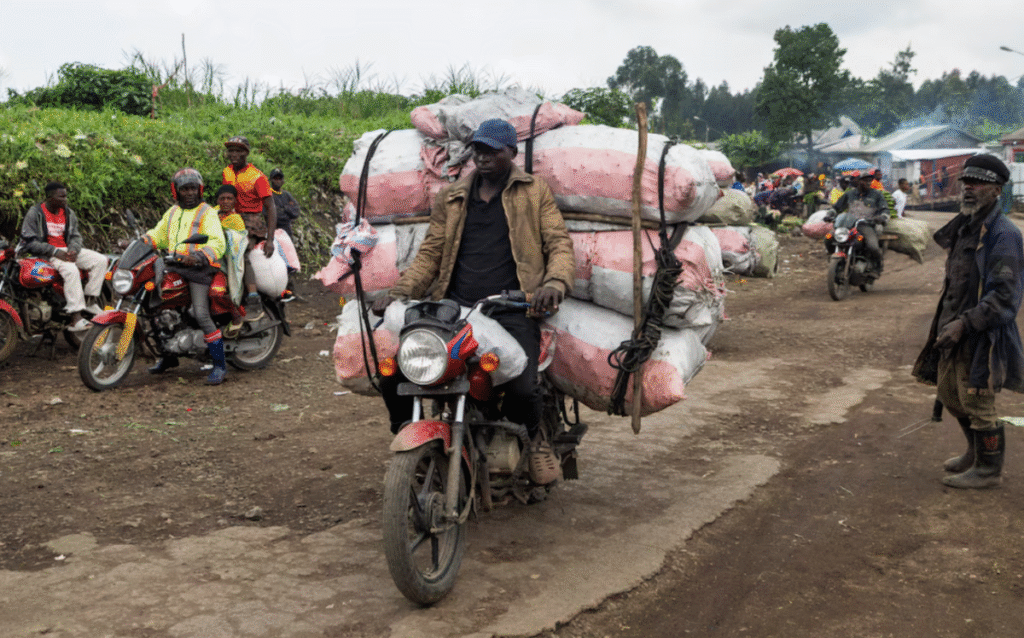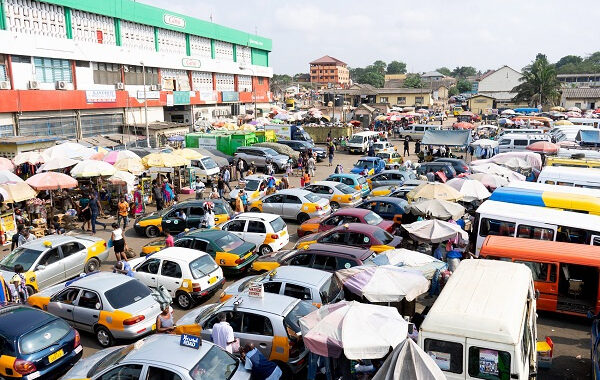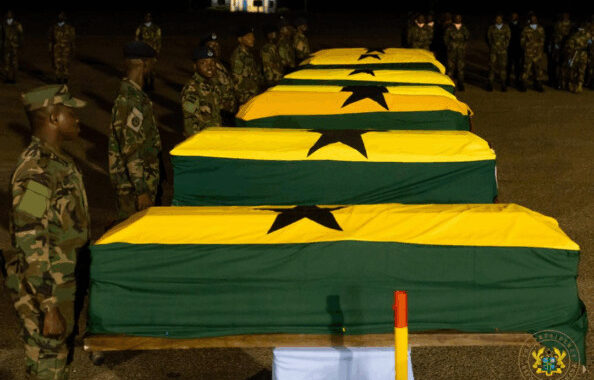Returning Congo Farmers Struggle to Revive Rebel-Held Fields

Farmers in the breadbasket town of Kibumba, who fled the violent clashes between M23 rebels and the Congolese army, are now returning, only to find their fields under new management.
The M23 rebel group, allegedly backed by Rwanda, has been a persistent force in the region, its roots tangled in the aftermath of the Rwandan genocide.
According to the International Organization for Migration, over 1.2 million people have been displaced in North and South Kivu provinces since January. But here’s the twist: About 1.8 million people—more than 350,000 households— have returned, not necessarily by choice. With displacement camps dismantled by M23, many had no option but to go back.
At least 10 perished in a mine collapse in eastern Congo
Some farmers met the gloomy reality of bombed-out homes and barren soil, while others are forced to pay hundreds of dollars to reclaim their own harvest.
For farmers like Ndagijimana Ntaboba, a 48-year-old vegetable farmer in Kibuma, the return has been anything but triumphant. After three years in a displacement camp, he came home to find another family working on his land. The price of reclaiming his own crops? A staggering $600.
Speaking of his time in Kanyaruchinya, Ntaboba said, “We spent three years living in very poor conditions. It was a great suffering. We went hungry for days.”
M23 Rebels, Congo To Work Towards Restoring Peace
The Norwegian Refugee Council warns that these farmers are in a ‘very precarious’ situation, with little support and growing tensions over land disputes.
History repeats itself, but in Congo, it doesn’t just repeat—it evolves. The farmers of Kibumba aren’t just fighting for their land; they are fighting against a system that seems designed to keep them powerless.

 GRTCC suspends planned ‘August 8’ 20% public transport fare increase
GRTCC suspends planned ‘August 8’ 20% public transport fare increase  State funeral for helicopter crash victims set for August 15 at Black Star Square
State funeral for helicopter crash victims set for August 15 at Black Star Square  Black Queens rank 67th in FIFA ranking despite WAFCON performance
Black Queens rank 67th in FIFA ranking despite WAFCON performance